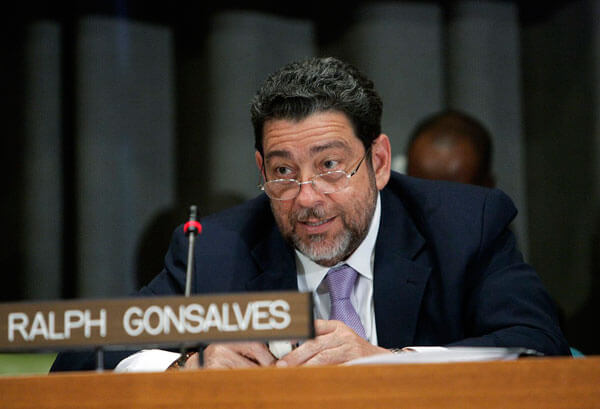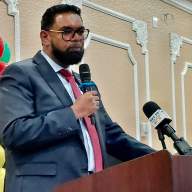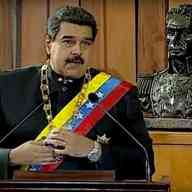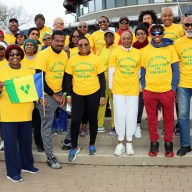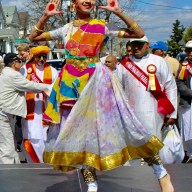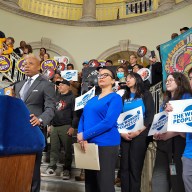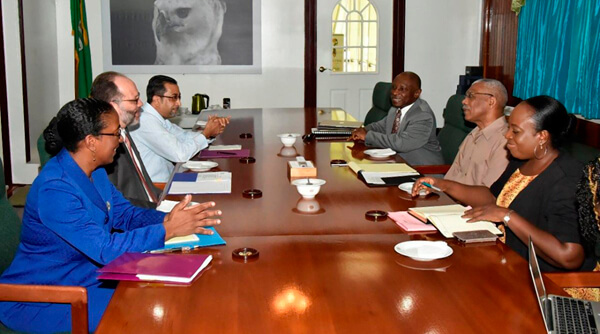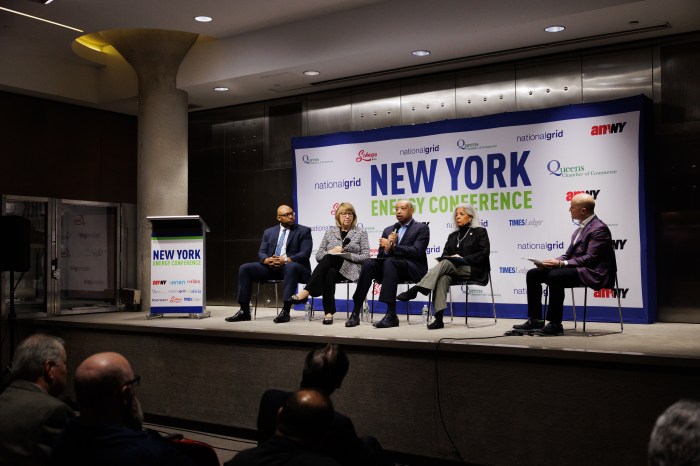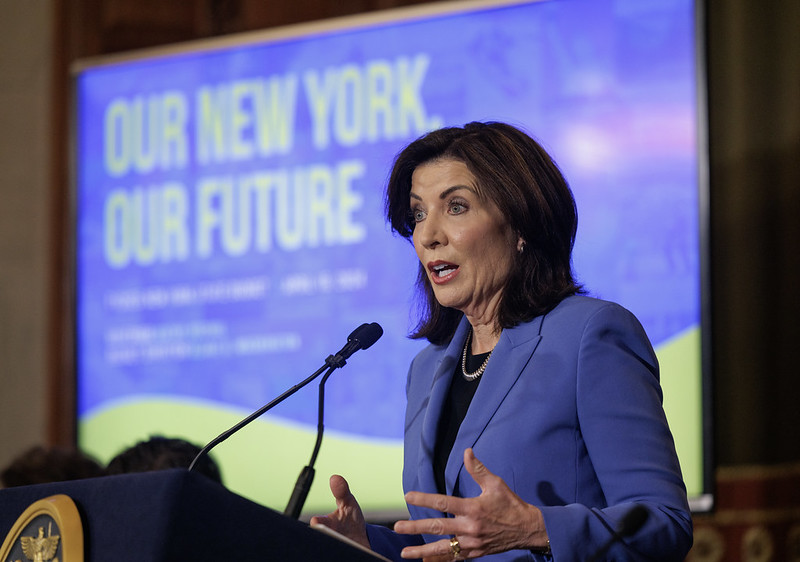When a veteran observer of regional politics glances towards the stage with Caribbean leaders next Monday, he or she would not be able to avoid noticing that a fairly large number of heads participating in the opening ceremony would have been in office for less than or just over a year.
This is so because of the record number of general elections held in the bloc of 15 nations in the past year.
New leaders have taken to the helm of governments in St. Kitts, Guyana, Trinidad, Jamaica and St. Lucia in early June when popular hotelier Allen Chastenet wrested the reins of power from veteran Prime Minister Kenny Anthony.
Put them together with Donaldson Romeo of Montserrat who became chief minister of tiny Montserrat two years ago and Gaston Browne of Antigua also in 2014 and it completes the class of either brand new or relatively new leaders running the regional integration movement in the current cycle.
“We need to check the history books to determine whether we have ever had so many elections in the recent past, the past 10-15 years or so,” said Assistant Secretary General Colin Granderson. “Perhaps we might not have had so many in such a short space of time.”
Voters were asked to elect new leaders in St. Kitts, Guyana, Suriname, Trinidad, Jamaica, St. Lucia, St. Vincent, Haiti, and Belize all in the space of about a year and most opted to vote out incumbents.
So when leaders sit down at the opening ceremony of the main three-day regional summit in Guyana on Monday, the relatively newer leaders and veterans such as Ralph Gonsalves of St. Vincent and Keith Mitchell of Grenada would make for an interesting mix of newness and experience.
Gonsalves, Desi Bouterse of Suriname, Dean Barrow of Belize all went to the polls in 2015 and survived, while Roosevelt Skerrit of Dominica did likewise in late December 2014. Haiti’s Michel Martelly left office in early February after completing his five-year term but the region’s most populous state and the last to join the community, is yet to elect a successor.
Of those who lost power, voters made it clear than they had grown tired of the People’s Progressive Party in Guyana after 23 years and of Denzil Douglas in St. Kitts, also after more than 20 years. Both administrations were plagued by widespread and persistent allegations of corruption.
In the Eastern Caribbean, Ralph Gonsalves repeated his one-seat victory of five years ago by the narrowest of margins and now has to face an election petition because of credible allegations of voter cheating.
The summit will run for three days at the Guyana Pegasus Hotel, but apart from the unique group of new leaders, the conference will also have an interesting quirk.
Despite Guyana being the venue, Prime Minister Skerrit will chair the meeting as Guyana is co-hosting it with the CARICOM Secretariat because Dominica was ravaged by Hurricane Erika last year. The bad storm killed more than 20 people and the island’s infrastructure has not been rehabilitated fast enough to accommodate the meeting so Guyana and the Secretariat are co-hosting on its behalf. The exact same situation had presented itself back in 1995.
In the meantime, Britain’s vote last week to leave the European Union, which it had help to found, is high on the agenda.
This is in addition to problems regional commercial banks are experiencing with counterpart institutions in the U.S., the fight to win reparations from European former slave trading nations and decriminalization of marijuana for medicinal and personal uses. The president of Chile is this summit’s VIP invitee officials said.


